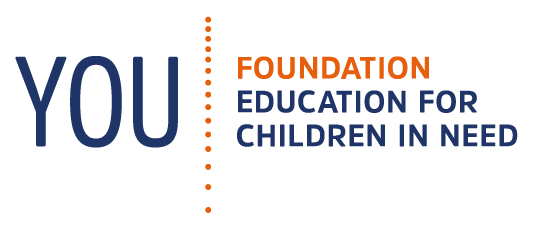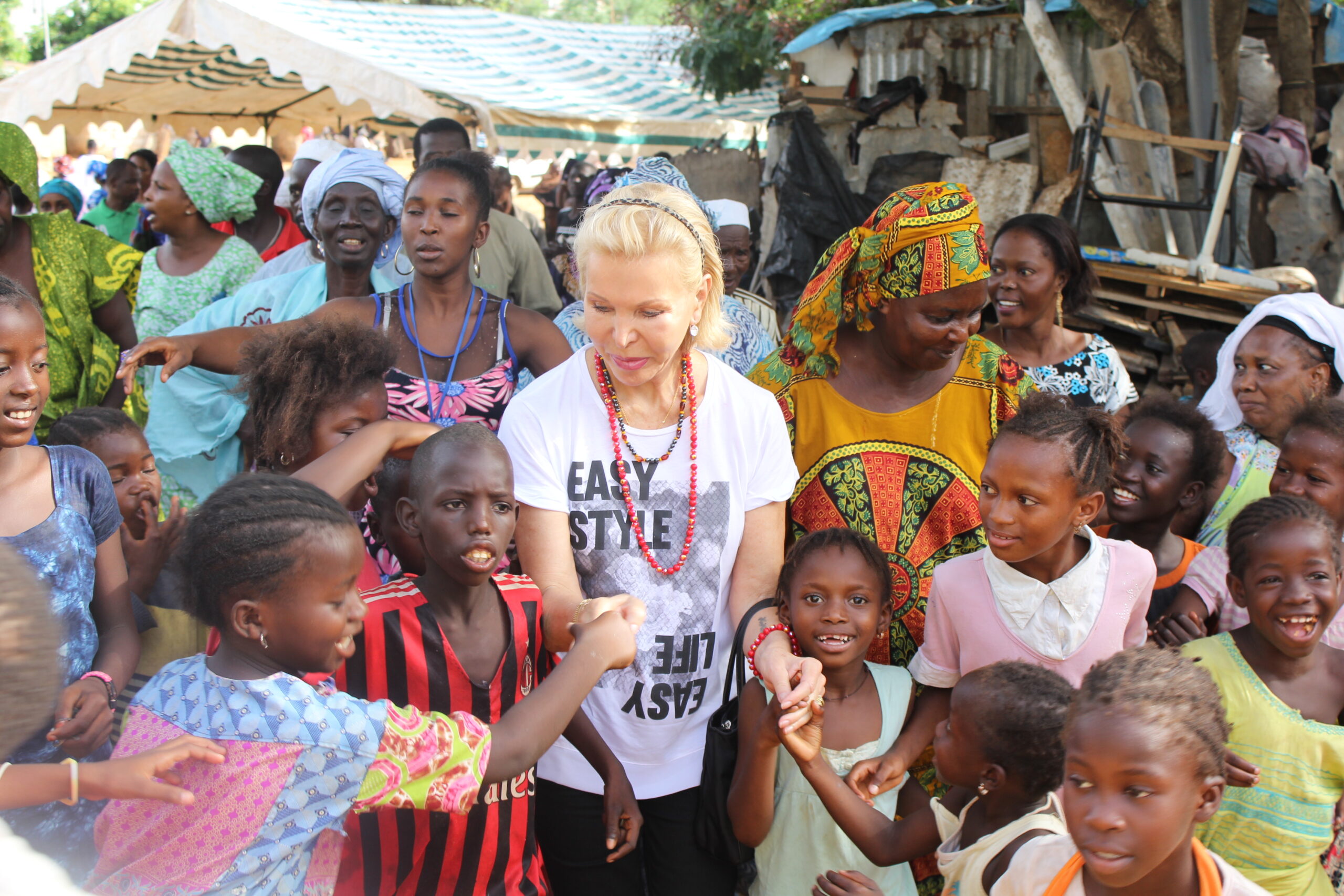They are regularly confronted with hate and superstitions. Due to their appearance, people with Albinism often pay with their life in many African countries. Still today, many prejudices and fears exist regarding Albinism. Society is seldom correctly informed.
Currently, the African nation Malawi is in the news, because dozens of Albinos were killed during the presidential election. It is widely believed that bones or hair of albinos bring happiness, power and health. As a result, in countries such as Malawi, Tansania, Mozambique and Sambia people with albinism are persecuted, mistreated and even killed.
Even if, for example, his home village solidarizes with the family of an albino, the family will still experience rejection from and discrimination by large parts of society. Access to higher education and employment frequently remain unattainable goals.
Even albinos that are not openly discriminated against suffer from physical limitations. The hot sub-saharan burns their skin. Also, by birth albinos do not have a retina and regularly suffer from very poor eyesight.
Obviously, a comprehensive campaign educating the population about albinism is needed. In addition, those affected by albinism need a protected space designed to meet there needs in order to prosper. A small school in Senegal is trying to do just that: Children that were stigmatized due to an impairment or their physical appearance are offered a learning environment specifically designed to accommodate their requirements.
Mehr Lesen: Ramata – Ein geschützter Raum für besondere Kinder
With the establishment of a socially inclusive learning environment the family created a protected space for special children who for various reasons would have been heavily disadvantaged in a regular school.
Step by step, the project improves conditions. Recently, modest accommodations for two teachers were added, as well as a permanent kitchen where the school community can congregate and spend time together. In a vegetable garden, the children get acquainted with all sorts of vegetables and learn how to cultivate them. By now, 30 children benefit from the opportunity to attend socially inclusive lessons delivered by teachers specifically trained to meet their needs.
[spendenTeaser] Ihre Spende zählt! Bitte unterstützen Sie unser Projekt Ramata.
[button link=”http://you-stiftung.de/spenden/”]Jetzt spenden[/button][/spendenTeaser]
Spendendaten:
You Stiftung – Bildung für Kinder in Not
Commerzbank Düsseldorf
IBAN: DE 72 300 400 00 0 34 80 100 00
BIC: COBADEFFXXX
Verwendungszweck: Ramata





